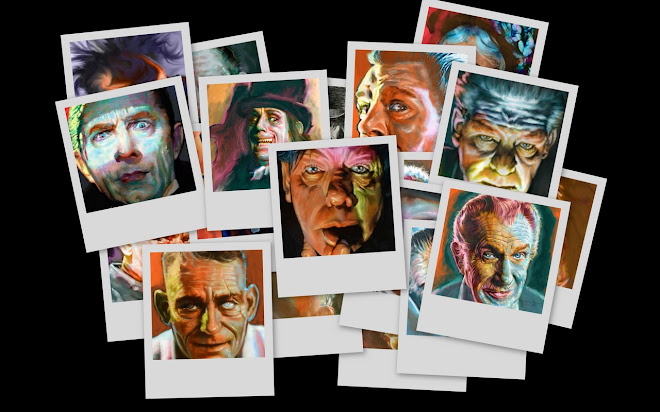
Jack Kerouac was born on March 12, 1922 in Lowell, Massachusetts. As the author of the infamous novel, On the Road, Kerouac became a leader and a spokesperson for the Beat Movement.
He was educated at Columbia University and the novel, On the Road - a semi-autobiographical tome of prose - exemplified the carefree, Beat lifestyle. The main character in this story hitchhikes across the country with his friend Dean Moriarty (inspired by fellow Beat adventurer, Neal Cassady) and enjoys casual friendships, love affairs and experiences. The non-materialistic lifestyles of the protagonists were embraced by many readers and helped propel Kerouac's status into an almost mythical realm.
He learned English as a second language: his parents were French-Canadian. He also spent some time in the Navy where he was then discharged due to possessing a schizoid personality. Soon after, he became a merchant seaman and then decided on the life of a vagabond, from which he obtained inspiration for his later novels.
His first book was published in 1950 and titled The Town and the City. It is said that Kerouac struggled with conformity and rejected the then contemporary fictional standards. On the Road was written in less than three weeks and demonstrated a fresh style. This new writing was spontaneous and seemed to be at times unedited. It possessed a strange energy that shocked more established writers but only brought Kerouac well-deserved recognition.















